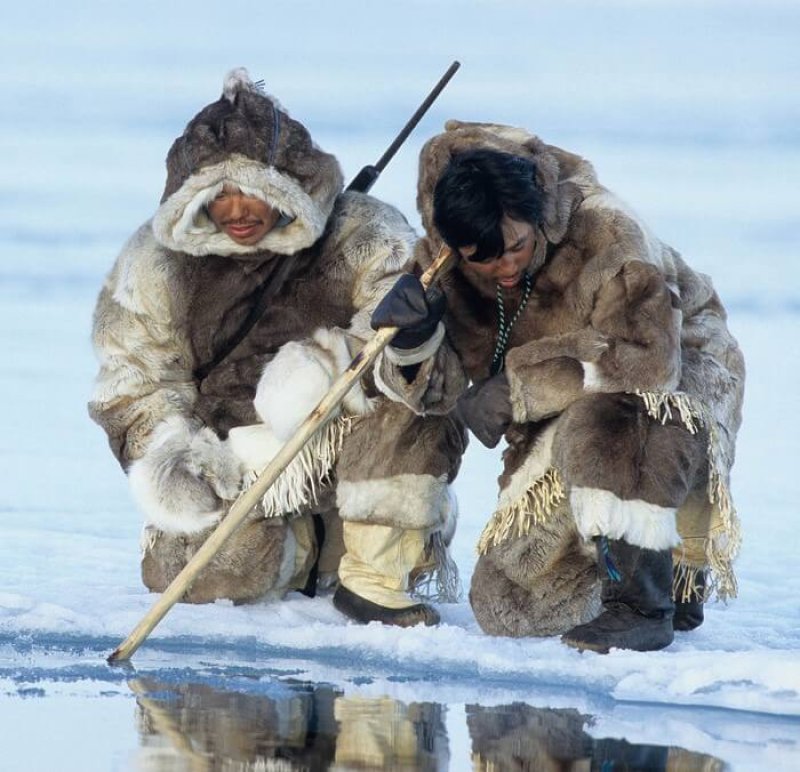How do Inuit populations in Greenland cope with below-freezing temperatures for the majority of the year? They may have inherited a genetic advantage from Denisovan relatives – a group of archaic humans who diverged from modern humans 500,000 years ago – a new study has found.
An international team of researchers from Israel, the UK, Denmark and UC Berkeley analyzed genomes of nearly 200 Greenland Inuit and compared them to ancient human DNA from Neanderthals and Denisovans, as well as modern humans whose data is part of the 1,000 Genomes Project.
The analysis revealed that all of the 200 Inuit genomes contained a genetic variant in a region associated with body fat distribution, which matched with the Denisovan genome, suggesting the variant was inherited through interbreeding 40,000 to 50,000 years ago.
…
Native Americans and some Siberians also contain the gene variant. It is also present at low to intermediate frequencies throughout Eurasia, but is nearly absent in Africa.
The GLP aggregated and excerpted this blog/article to reflect the diversity of news, opinion, and analysis. Read full, original post: Arctic Inuit Adapted to Handle Freezing Temps from Archaic Human DNA































